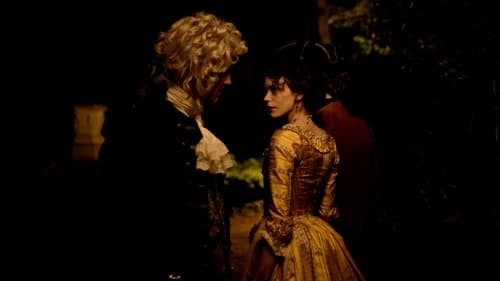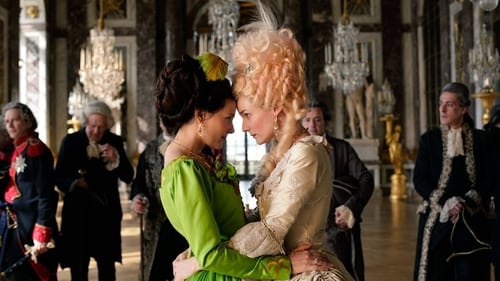
Screenplay
Year 1763. Forced into exile, the famous libertine Giacomo Casanova leaves Paris and travels to London, where he meets Marianne de Charpillon, a young prostitute to whom he is so attracted that he forgets about the other women.

Novel
After many years of confrontation, the treasures of Spain and France are empty. In 1721, the regent of France draws up an ambitious plan to inaugurate an era of peace and prosperity that will heal the economies of both nations: his intention is to build a solid network of marriage alliances that will involve four children of very different ages who know nothing of betrayals and power games…

Screenplay
After many years of confrontation, the treasures of Spain and France are empty. In 1721, the regent of France draws up an ambitious plan to inaugurate an era of peace and prosperity that will heal the economies of both nations: his intention is to build a solid network of marriage alliances that will involve four children of very different ages who know nothing of betrayals and power games…

Writer
Most of the time, Roland Barthes is classified in the category of the 1970s intellectuals, where all his fascinating singularity fades. Our movie holds exactly to the desire of making perceptible his singularity. In this purpose, the movie is constituted by an editing of archives, articulated around Barthes presence and the progress of his career. It is thus a kind of a Roland Barthes’s cinematic version by Roland Barthes, a self–portrait that could be resumed by a point of view as accurate as possible.

Novel
A look at the relationship between Marie Antoinette and one of her readers during the final days of the French Revolution.

Self
This was a very human account of the lives and deaths of Marie Antoinette and Louis the XVI focusing primarily on Marie. It is an account of their lives from birth to death and the circumstances leading to the downfall of the French monarchy.




